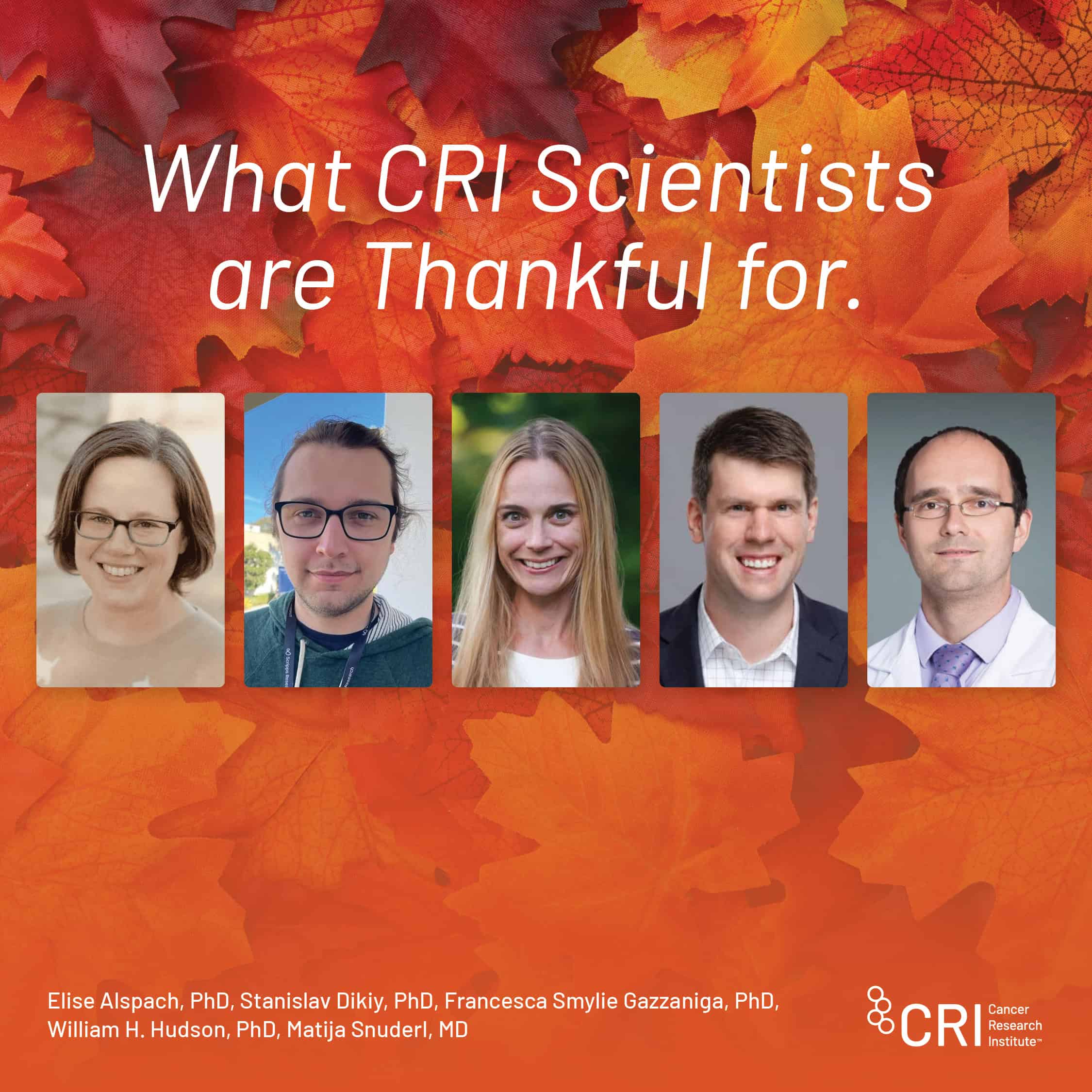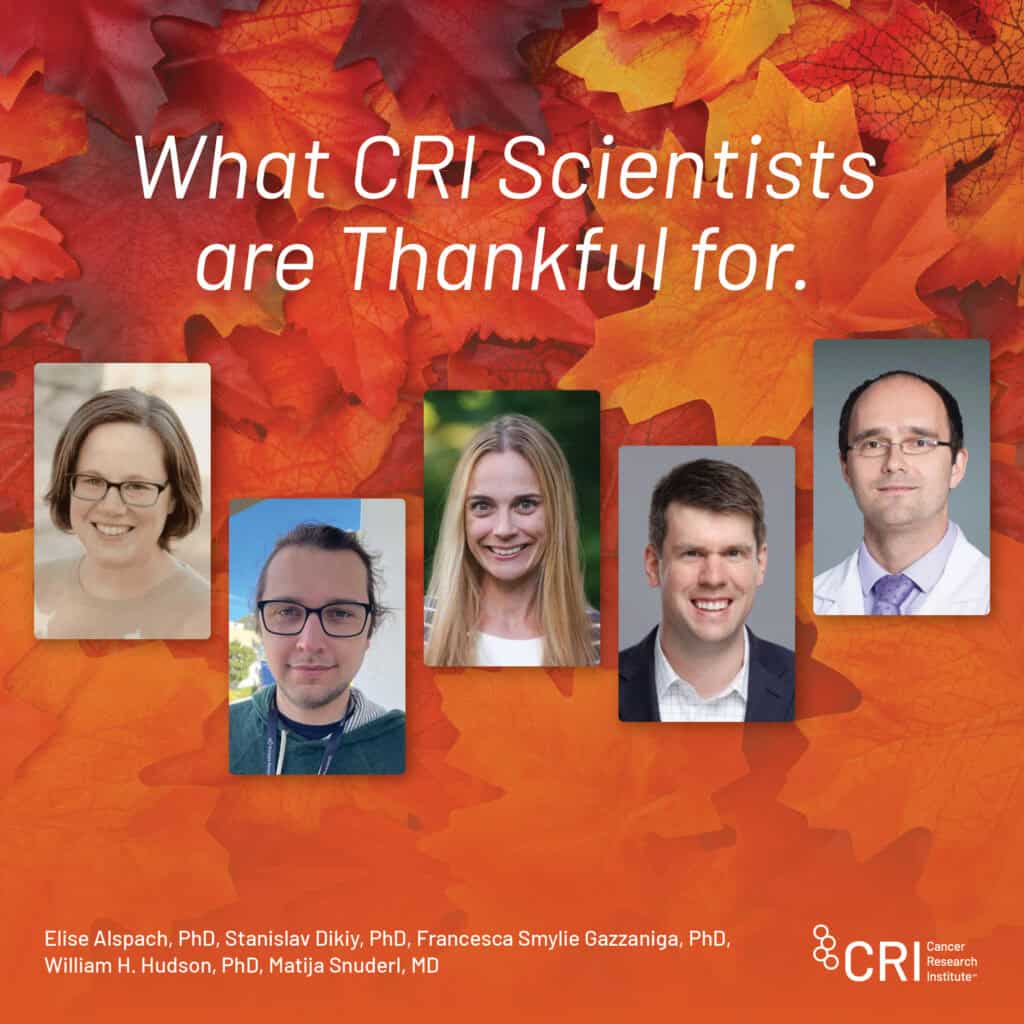
Thanksgiving week is a joyous time of year for millions of American families. While many celebrate the holiday with roast turkeys and debates over whether cranberry sauce is an acceptable Thanksgiving dinner accessory, there is more to this time of year. It is also a time of year for reflection, community bonding, and gratitude.
This is no different for CRI-funded scientists who work long hours and tackle complex cancer immunotherapy research ideas in their labs. CRI spoke to several of them recently who shared what they are grateful for, in and outside of the lab.
Outside of my research, I am thankful to those who support it. Through funding, awareness, and patient advocacy.
–Matija Snuderl, MD, CRI-Chordoma Foundation CLIP Investigator
Giving Thanks for Scientific Discovery
From new U.S. Food and Drug Administration (FDA) approvals to helping a U.S. veteran survive a battle against stage 4 lung cancer, immunotherapy gives patients, families, and scientists plenty of reason for gratitude and hope for future life-saving breakthroughs. Immunotherapy is the fourth pillar of cancer research, which bolsters the body’s own immune system to fight the disease in a precise, personalized way.
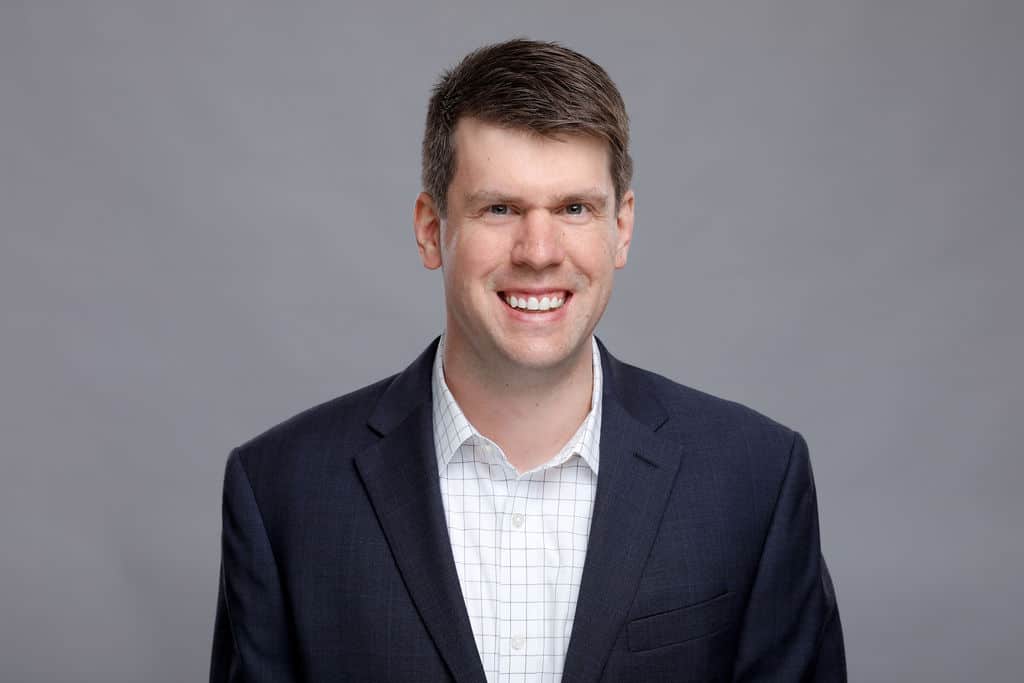
CRI Technology Impact Award Grantee
CRI-funded scientists put a lot of effort into their lab research and collectively help us learn more about how the human immune system interacts with and fights cancer. William Hudson, PhD, Dan L. Duncan Comprehensive Cancer Center member, assistant professor of molecular and cell biology at the Baylor College of Medicine, and a CRI Technology Impact Award Grantee, told CRI he is grateful for his mentors and advances in immunotherapy.
“I’m thankful for the incredible advancements in biological techniques that have revolutionized our understanding of cell biology and function,” Dr. Hudson said. His research focuses on the development of novel methods to study how the tumor microenvironment (TME) affects cancer-killing T cells and how new therapies can supercharge anti-tumor immunity. “Tools like spectral flow cytometry and spatial transcriptomics have empowered our lab to deeply investigate the biology of single T cells, uncovering their functional roles and interactions within specific
tissue environments.”
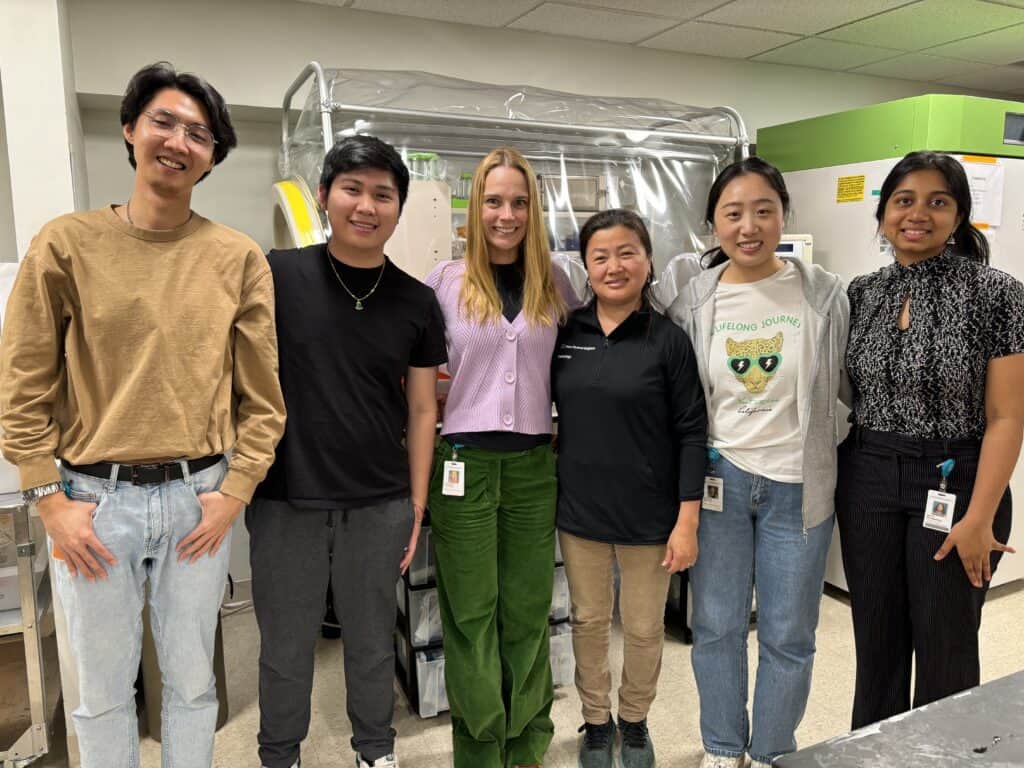
CRI CLIP Investigator, pictured center-left with members of her lab at
Harvard Medical School
Studying T cells is merely one of the interesting and impactful research paths that CRI-funded scientists tread. Francesca Smylie Gazzaniga, PhD, assistant professor of pathology with Massachusetts General Hospital and Harvard Medical School, and a CRI CLIP Investigator, focuses on how the trillions of microorganisms in our intestines impacts the success of cancer immunotherapy treatments on tumors outside of the gut. Dr. Gazzaniga expressed gratitude for the patients that fuel her research.
“I am thankful for the patients who are undergoing cancer immunotherapy and are still willing to participate in our lab’s research,” she said.
As with any scientific discipline, no single discovery happens in a vacuum or from one person alone. Drs. Hudson and Gazzaniga highlight how mentors, patients, and others
are all vital to the steady march of cancer immunotherapy progress.
Giving Thanks for Family
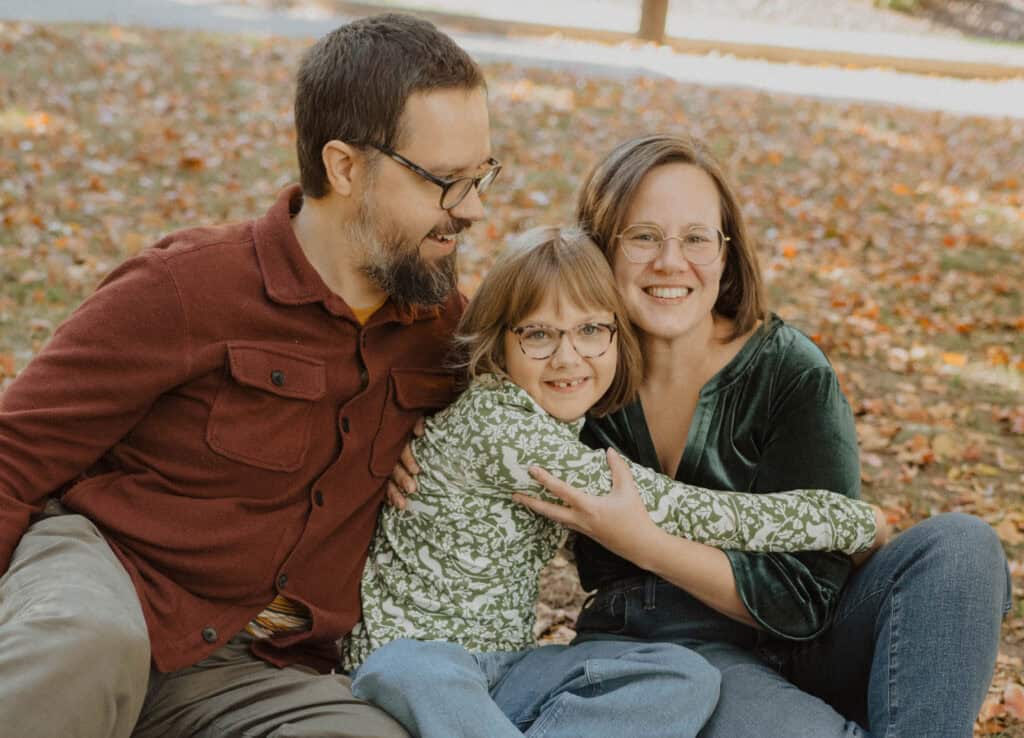
with her family
Scientists who study immunotherapy engage in intensive work that has transformed the cancer research and treatment landscape. Yet, outside of their lab work, they are just like the rest of us. CRI-funded scientists appreciate life’s everyday pleasures, like the company of their pets or coaching their kid’s soccer team.
Elise Alspach, PhD, assistant professor of molecular biology and immunology at the Saint Louis University School of Medicine, and a CRI CLIP Investigator, studies the relationship between biological sex, obesity, and the impact of immune checkpoint therapy in cancer. In her everyday life, Dr. Alspach is thankful for
loved ones and leisure.
Outside of science, I’m most grateful for the current health and safety of my family,” she told CRI. “I’m also thankful for naps, at least a little free time to pursue my hobbies, and The Great British Bake Off.”
Most of the CRI-funded scientists we spoke to for this blog all gave separate answers for what they were thankful for within cancer immunotherapy and in their personal lives. However, Stanislav Dikiy, PhD, postdoctoral research fellow at the Scripps Research Institute and a CRI Postdoctoral Fellow, can’t separate the scientific from the personal— he is married to Alejandra Mendoza, PhD, former CRI Bristol Myers Squibb Fellow.
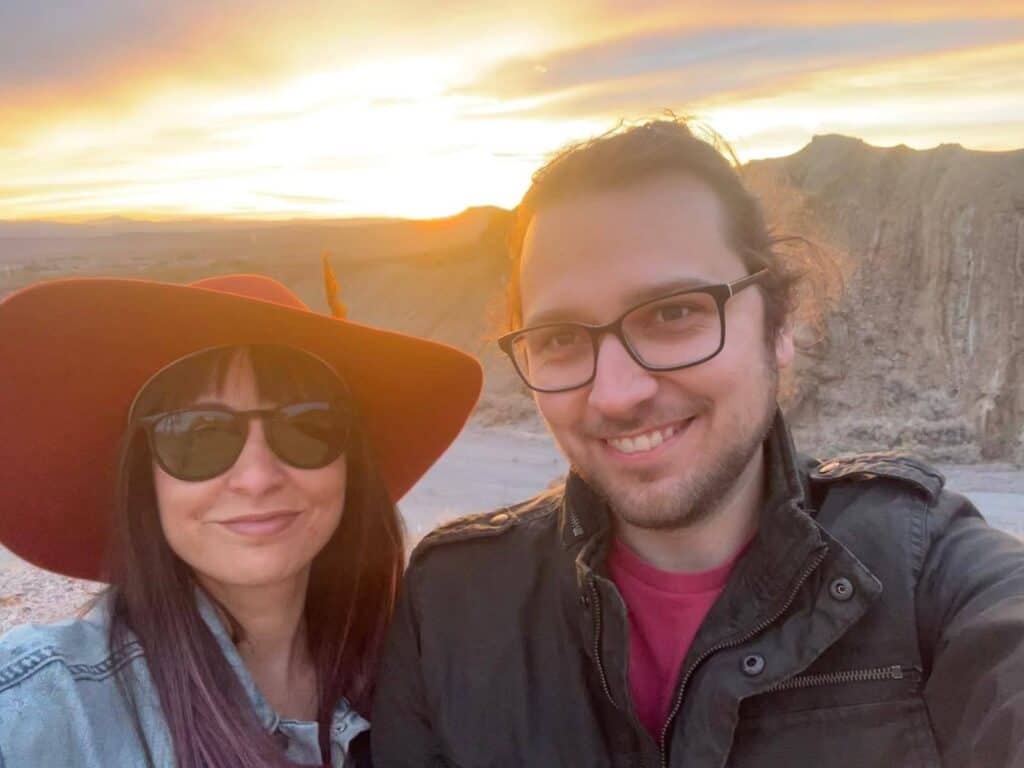
former CRI Bristol Myers Squibb Fellow
“I am thankful for my wife, who is the sweetest, most good-humored, and congenial accomplice I could hope for,” Dr. Dikiy said. “She is also a tremendous scientist whose insight and creativity improves my work.” He also expressed gratitude for his family in New York, two wonderful cats, former colleagues, and a former mentor, Alexander Rudensky, PhD. Dr. Rudensky is the chair of the Immunology Program and director of the Ludwig Center for Cancer Immunotherapy at the Memorial Sloan Kettering Cancer Center, CRI Scientific Advisory Council member, and CRI Postdoctoral Fellowship Review Committee member.
“I reflect on the promise, still unmet, that immunotherapy holds to ensure that no one loses a loved one to cancer, and I remember why all my fellow researchers and I dedicate so much time and energy to our work.”
–Stanislav Dikiy, PhD, CRI Postdoctoral Fellow
Drs. Alspach, Dikiy, Gazzaniga, Hudson, and Snuderl have graciously shared what they are thankful for this holiday season, both in the lab and their personal lives. In a shared spirit of gratitude, CRI would like to thank these enterprising scientists who dedicate their work to improving outcomes for cancer patients around the world.
We are also grateful for our broader global CRI community that includes ImmunoAdvocates who make themselves available to speak with cancer patients, our gracious fundraisers, and countless others who make cancer immunotherapy progress possible. Collectively, we enter the Thanksgiving holiday season dedicated towards creating a world immune to cancer.
